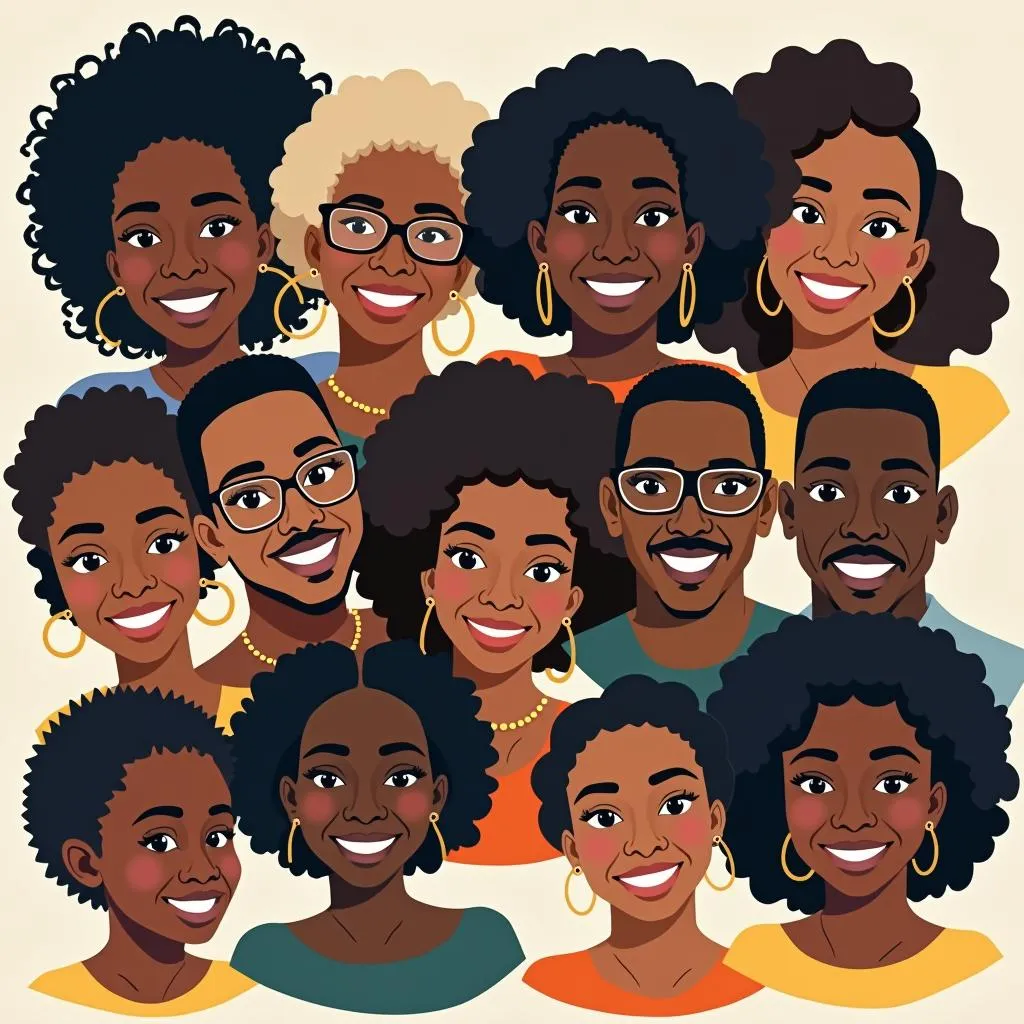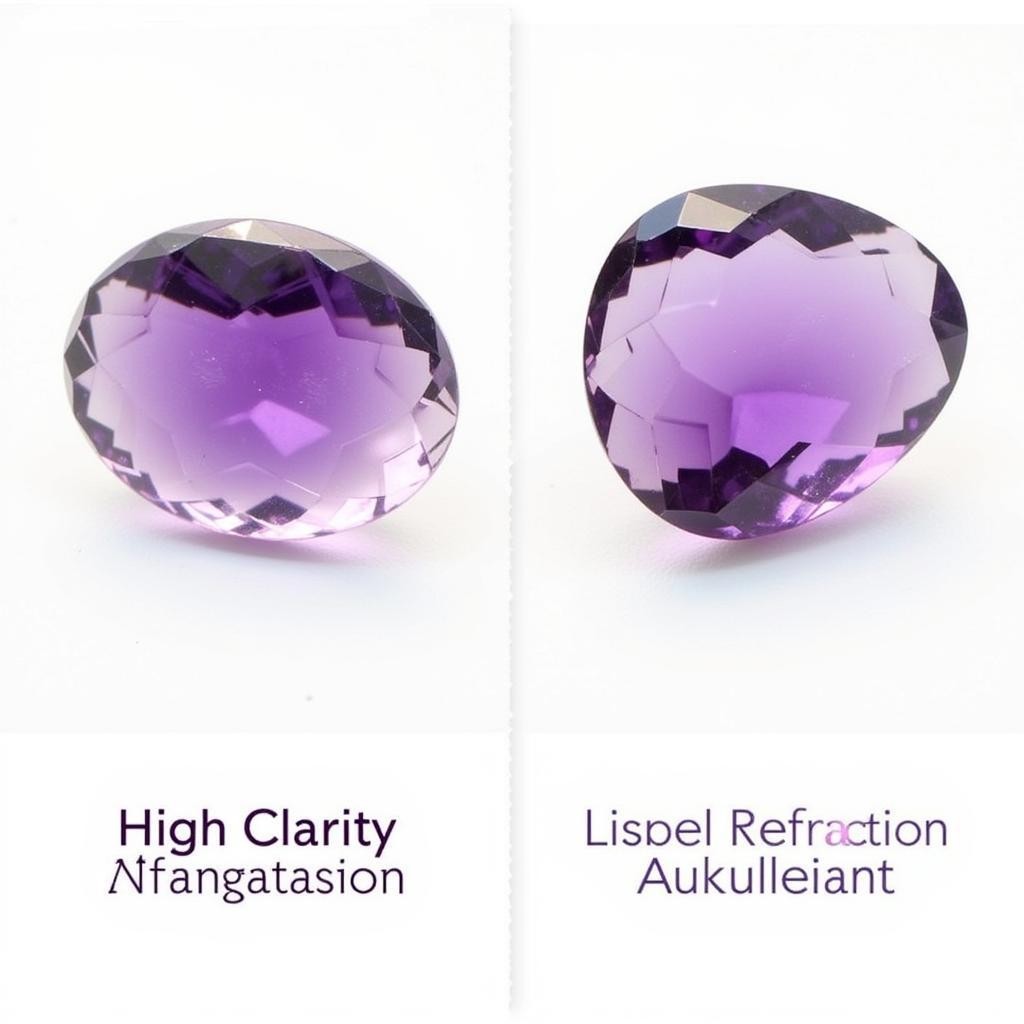Is Brazil an African Country?
Brazil, the largest country in South America, is known for its vibrant culture, stunning landscapes, and diverse population. However, the question of whether Brazil is an African country often arises, leading to confusion. While Brazil has deep historical and cultural connections to Africa, it is not an African country.
The African Influence on Brazil
Brazil’s connection to Africa is undeniable, stemming from the transatlantic slave trade. Over centuries, millions of Africans were forcibly brought to Brazil as slaves, primarily to work on sugar plantations. This tragic period had a profound impact on Brazilian society, leaving an indelible mark on its culture, demographics, and identity.
The Legacy of Slavery
The legacy of slavery is deeply ingrained in Brazilian culture. From music and dance forms like samba and capoeira to religious practices like Candomblé, African influences are evident throughout Brazilian society. The african diaspora in brazil has contributed significantly to the country’s rich artistic heritage, culinary traditions, and social customs.
Racial Identity in Brazil
Brazil has a complex racial landscape, with a large Afro-Brazilian population. However, unlike many other countries with a history of colonialism, Brazil does not have a rigid system of racial classification. Instead, there is a concept of “racial democracy,” which emphasizes the mixing of races and the absence of official racial segregation.
Linguistic Connections
Portuguese, the official language of Brazil, also reflects the country’s African heritage. Numerous words and phrases in Brazilian Portuguese have African origins, particularly from Bantu languages spoken by enslaved Africans. This linguistic influence is a testament to the lasting impact of African culture on Brazil.
Why Brazil is Not an African Country
While Brazil shares deep cultural and historical ties with Africa, it is geographically located in South America. It is the largest and most populous country in the region, bordering all South American countries except for Chile and Ecuador.
Furthermore, Brazil is an independent nation with its own unique history, political system, and cultural identity. Although influenced by Africa, Brazilian culture has evolved over centuries, blending indigenous, European, and African elements to create a distinct national identity.
Conclusion
The question “Is Brazil An African Country?” highlights the importance of understanding the complex relationship between history, geography, and cultural identity. While Brazil is not geographically located in Africa, its deep-rooted connections to the continent are undeniable. The African diaspora has played a significant role in shaping Brazilian culture, and its influence continues to be felt today. Recognizing and celebrating this rich heritage is essential for fostering a deeper understanding of Brazilian society.
FAQ
1. What is the main reason Brazil is not considered an African country?
Brazil is not considered an African country because it is geographically located in South America, not Africa.
2. How did African culture influence Brazil?
African culture influenced Brazil through the transatlantic slave trade, which brought millions of Africans to Brazil. Their traditions, beliefs, and practices have shaped Brazilian music, dance, religion, cuisine, and more.
3. Does Brazil have a large African population?
Yes, Brazil has a large Afro-Brazilian population, estimated to be over 50% of the total population.
4. What are some examples of African influence in Brazilian culture?
Samba and capoeira are two prominent examples of African influence in Brazilian culture. Candomblé, a religion with African roots, is also widely practiced in Brazil.
5. What is “racial democracy” in Brazil?
“Racial democracy” is a concept that emphasizes the mixing of races and the absence of official racial segregation in Brazil. However, racial inequality persists in the country.
Other Related Articles:
If you need further assistance, please contact us:
Phone Number: +255768904061
Email: kaka.mag@gmail.com
Address: Mbarali DC Mawindi, Kangaga, Tanzania.
We have a 24/7 customer support team.


